|
Submitted by Amanda Henderson with Safe Children If your children constantly beg for cookies or sugary fruit juices, it can be hard to figure out how to get them on a path to a healthier lifestyle. It all begins with you. The example you set about nutrition and exercise can help them grow into healthy adults, and the great news is that keeping your kids healthy doesn’t have to cost a fortune. Here are three ways that you can help your kids make healthy choices while sticking to a budget.
It doesn’t take a lot of work to establish healthy habits, and practice always helps them stick. By being a role model for your children and keeping communication open about everything from how much something costs to why it’s good for you, you can lay the foundation for establishing healthy habits that last a lifetime.
0 Comments
Submitted by Kathy Haselmaier A number of recent activities have me thinking about an intersting way parents differ, even within tight groups. It seems that some parents encourage their children to try to "fit in" while others encourage them to try to be "different". Most parents want their kids to succeed, but they don't always appear to agree about which paths are most likely to lead to success. I'm thinking that in many cases, our work experiences influence our parenting philosophies. When in come to helping kids develop their identities, some parents appear to strongly encourage their kids to seek out a good group of friends and then find ways to "fit in". In some cases the parents even go to extraordinary lengths to ensure that their children will be accepted by a group by encouraging (or even pushing) them to pursue popular activities such as soccer, choir, or academics. Sometimes the parents go as far as purchasing expensive things like clothes, cars and trips to be sure that the kids "fit in". Then, once the kids are established within a group, the parents encourage them to try to stand-out among that group. Other parents appear to take a different approach. They don't appear to value the trending activities as much and instead encouage their kids to follow an inner calling and/or look for empty spaces to fill be pursuing less popular activities like fencing, origami, or cooking. These parents seem to think that their children are more likely to be successful in this way. Is one way better than the other? Well I certainly have a preference for one of those routes over the other, but maybe that's because it's the best path for my kids. The more I think about it, the more I think we need both kinds of people; those striving to seek commonalities as well as those who want to be different. If everyone was striving to fit in all of the time things could get very boring very quickly. And if everyone wanted to be different, maybe nobody would be different, and we'd devolve into a state of utter chaos. Which kind of parent are you?
Submitted by "Experienced Mom" Recently a parent, who gave up her career 18 years ago to focus on her children full-time, shared a frustration with me; her teenaged son is only interested in himself. Even as significant events swirl around him and she tries to explain their relevance to him, his interest in anything beyond himself remains pretty much non-existant. I bit my tongue as I thought about what she'd said. It didn't surprise me for two reasons;
When we balance family and work we make it very clear to our children that multiple priorities can be managed at the same time. Sometimes our children's needs are our highest priority and sometimes other things demand our attention. Our children learn, by watching us, that they are part of a world that is bigger than themselves and that their needs don't always deserve the most attention. This realization will help them better understand the world, their role within it, and how they can make valuable contributions. Related story:
Pointer to fascinating research about parenting and judging parents
When our kids were growing up they flew alone from Denver to Detroit every summer to visit their grandparents in the Mitten State. They took their first trips when they were seven and eight and were so intent on going alone, they insisted on being there different weeks. Maximizing a rare chance for some undivided attention was probably their primary motivator.
Most of our friends and co-workers knew about the ritual, and I distinctly remember the time one of my co-workers, my manager actually, told me, "I would never let my children travel alone on a airplane." Apparently she wasn't impressed with our attempt to foster a strong sense of independence in our kids while ensuring some quality time with Grandma and Grandpa. Instead, she thought we were putting them at great risk. And I assume she thought the risk was greater than any potential reward. This memory was triggered recently when a friend pointed me to an article written by Tania Lombrozo that was published on the NPR web site in 2016. It's called "Why Do We Judge Parents For Putting Kids at Perceived - But Unreal - Risk?" and references research* published in the open access journal Collabra. The article and research provide really fascinating, and sometimes surprising, information about how we perceive various risks parents take, and it draws attention to some thought provoking ideas like the following:
Working parents need to make a lot of deliberate decisions about childcare, and this article makes it clear that society judges those decisions ... sometimes harshly. And sometimes unfairly and ignorantly. This article will get you thinking, hard, about making decisions that will help your children both short-term and long-term. It may build your confidence in terms of decisions you've made or are making. Or it may cause you to question some decisions. Either way, it'll make you think. File this story under "Fresh Thinking". And at least try to skim the article. It's really fascinating.
* More about the research: It included a series of clever experiments written by authors Ashley Thomas, Kyle Stanford and Barbara Sarnecka. They found evidence that shifting people's moral attitudes toward a parent influences the perceived risk to that parent's unattended child. Learn more.
Pointer to research results published by ScienceDaily
When our kids were in school, we knew a couple who were highly respected parents. Imagine my thrill when I learned that they limited their very smart and very talented son to two (or was it three?) extracurricular activities at a time. While other parents were bragging about the hours they spent shuttling their kids from activity to activity, these parents confidently let people know that they thought some reasonable limits were best for their son.
Their confidence set the example I needed to let go of any concern I had that my own kids might be falling behind because they weren't overbooked and in constant motion. It was really helpful and comforting information during a time that I needed more help and comfort! If you would appreciate knowing that your kids don't need to be booked 24/7, look no further than this article published by ScienceDaily: Are your children overdoing it? Too many extracurricular activities can do more harm than good. It summarizes results from a small study in England and points out that "a busy organized activity schedule can ... potentially harm children's development and wellbeing." It may provide the info working parents need to better manage their time and protect their sanity.
Originally Published: May16, 2018 | Last Updated: Jun 11, 2018
Submitted by Kathy Haselmaier
Work required me to travel internationally on occasion. I usually viewed these trips as sacrifices since they took me away from my family along with being tiring, if not exhausting. Once I made it to the airport, I usually appreciated the change in routine, and once I made it to the hotel, I usually appreciated the opportunities to meet new people, see new things, and discuss new ideas.
But I rarely took any extra time to explore the area on my own after the business was complete. Instead, I felt compelled to get back to my family and "be there" for them ASAP. (It occurs to me that this sounds downright crazy as I write it so many years later.) Thankfully, there was one time when a colleague and I decided to take an extra day to explore Rome on our own. Thanks to this fun, flexible and very accommodating colleague, I had a great day as we explored the city. In fact, it was so great that I vowed to return "soon" with my husband and kids (14 and 9) so that they could explore these wonders too. Thirteen months later, the four of us were sitting on a plane heading to Rome where we experienced, what later became known as, "the best vacation". Work experiences often make us better parents. And sometimes we need to indulge ourselves in order to understand how to leverage those experiences so that they benefit the whole family.
Book Review
Being a working parent is a challenge. After reading the book The Hate U Give recently, I'm reminded that it's even more of a challenge for some parents, like those depicted in the book. This young adult novel was a book club "assigned read" and one that I feared would be a difficult one. But it was just the opposite. While the subject matter is heavy and revolves around a police shooting of an unarmed young man, the story is told in a way that is compelling and well-rounded. Along with the very difficult situations, there is love, laughter and teen-aged silliness (and angst).
Even though the book is targeted at readers much younger than me, I found it compelling, relevant, and very worthwhile. It made me realize than one person's idea of struggle just may be another's idea of privilege. If everyone in the US (at least) read this book, I think we might have at least a little less strife and a lot more understanding of each other.
Submitted by Theodosia Wicktor Ahern I'm 80 years old and raised three sons. Unlike most women my age, I worked and went to school while they were growing up. I'm sure that my work helped them become the strong, self-reliant and honorable men they are today. All three of them have married strong independent women who worked while they raised their children, and all three of my boys turned out to be excellent home chefs too. It's probably because they had a working mother.
My sons were always interested in what I was doing, or where I was working. I think that contributed to their respect for women and appreciation for family. They turned out well in spite of, or maybe partly because of, the roles I had outside our home. It’s a mistake to consider kids and career to be a trade-off rather than a chance for both to benefit. Kids learn from the actions of parents. While high-quality time does not replace a reasonable quantity of time, a greater quantity of time than is needed is a detriment, not a benefit to the child. My mother taught school, and each day we had an hour or so of time alone to learn how to be independent, even from a young age. Sometimes the learning included misbehavior and occasionally some injuries. Most often the learning was how to be successful all by oneself. An even greater lesson was too subtle to be recognized at that time. Mom’s working shaped my attitude for what women could and should be able to do. It’s influenced my collaboration with colleagues, my relationship with my wife, and my parenting of our daughters. Mom coming home later than her children each day was a significant blessing to my upbringing, and I’m thankful for it.
|
The StoriesArchives
March 2022
Categories
All
|
Photos from barnimages.com, marcoverch, truewonder, donnierayjones, marcoverch, shixart1985, Gustavo Devito, edenpictures, nan palmero, quapan, The Pumpkin Theory, bark, opassande, Semtrio, Ivan Radic (CC BY 2.0), verchmarco (CC BY 2.0), Didriks, shawnzrossi, shixart1985 (CC BY 2.0), madprime, marksmorton, CT Arzneimittel GmbH, NwongPR, franchiseopportunitiesphotos, anotherlunch.com, jdlasica, wuestenigel, Frinthy, romanboed, Doris Tichelaar, quinn.anya, A_Peach, VisitLakeland, MEDION Pressestelle, Darren Wilkinson, bratislavskysamospravnykraj, Anthony Quintano, Danielle Scott, pockethifi, Bridgette Rehg, Martin Pettitt, PersonalCreations.com, wuestenigel, Thad Zajdowicz, archer10 (Dennis) 139M Views, Infomastern, beltz6, The National Guard, futurestreet, daveynin, OIST (Okinawa Institute of Science and Technology), Rinet IT, shixart1985, mikecogh, JeepersMedia, Ryan Polei | www.ryanpolei.com, Jake.Christopher., aleksandrajovovich, thepeachpeddler, wwward0, flossyflotsam, Got Credit, Senado Federal, Corvair Owner, lookcatalog, moodboardphotography, dejankrsmanovic, Carine fel, ElleFlorio, {Guerrilla Futures | Jason Tester}, greg westfall., Arlington County, mariaronnaluna, quinn.anya, wuestenigel, Tayloright, insatiablemunch, MrJamesBaker, Scorius, Alan Light, Monkey Mash Button, www.audio-luci-store.it, wohlford, Vivian Chen [陳培雯], okchomeseller, BoldContent, Ivan Radic, verchmarco, donnierayjones, Czar Hey, US Department of Education, Andrew Milligan Sumo, Michel Curi, anotherlunch.com, ProFlowers.com, Cultural viewpoints from around the world, alubavin, yourbestdigs, Rod Waddington, Tayloright, Wonder woman0731, yourbestdigs, donald judge, Thomas Leth-Olsen, Infinity Studio, shixart1985, wuestenigel, francesbean, Roger Blackwell, MrJamesBaker, Luca Nebuloni, MFer Photography, erinw519, boellstiftung, North Carolina National Guard, A m o r e Caterina, MrJamesBaker, bellaellaboutique, Free For Commercial Use (FFC), Prayitno / Thank you for (12 millions +) view, wuestenigel, Matt From London, MadFishDigital, Kompentenzzentrum Frau und Beruf, mikecogh, CreditDebitPro, marciadotcom, Mr.Sai, _steffen

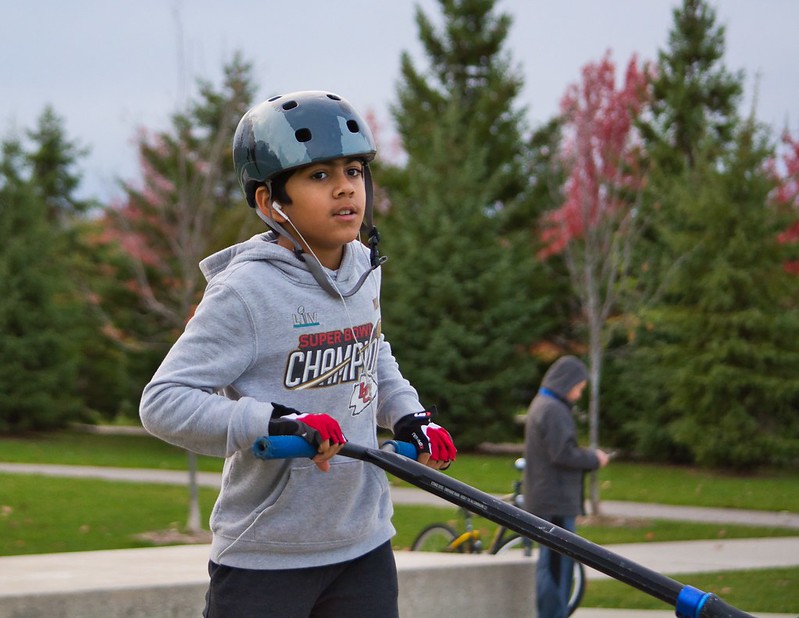


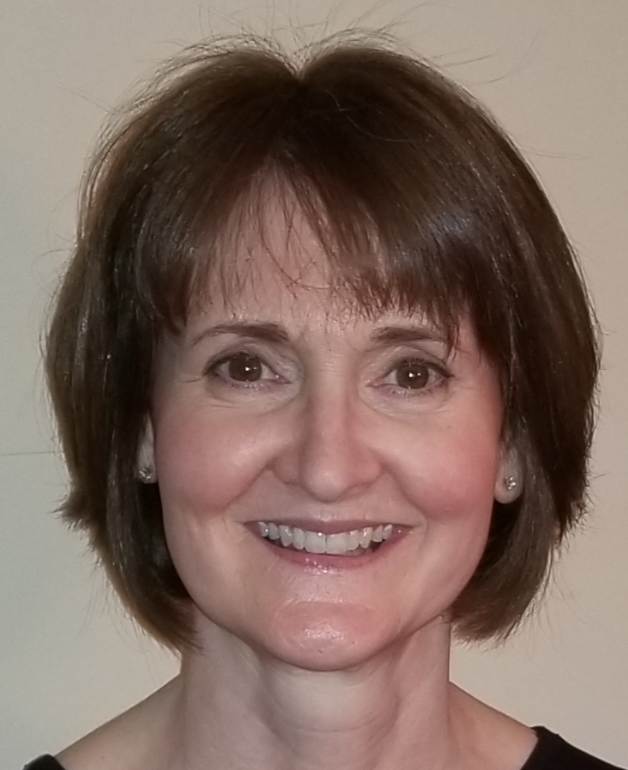



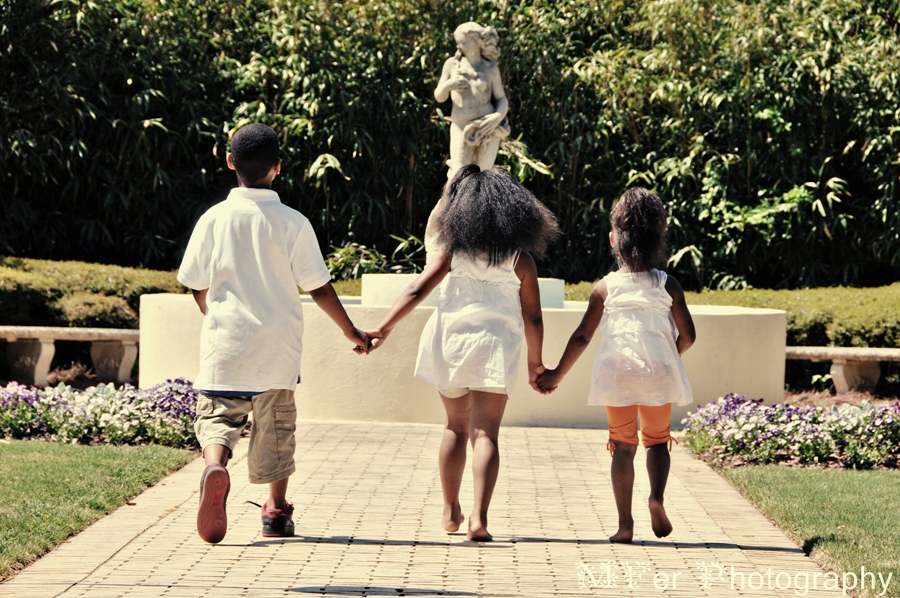

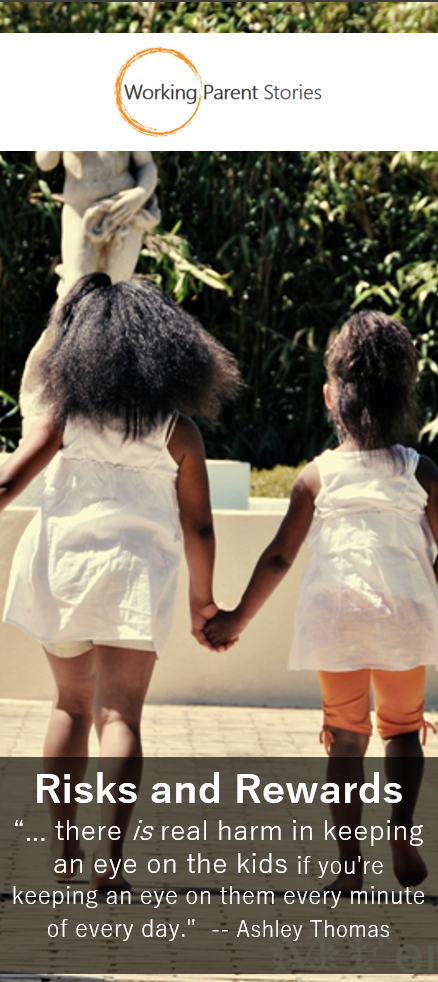
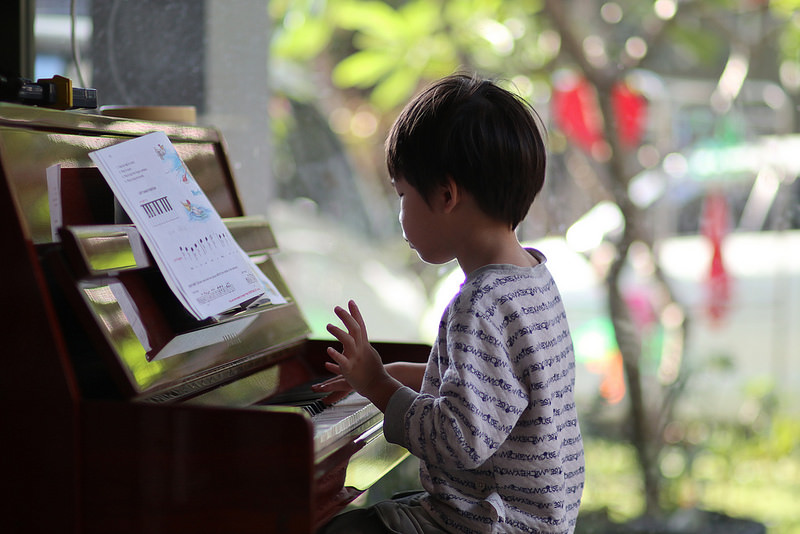

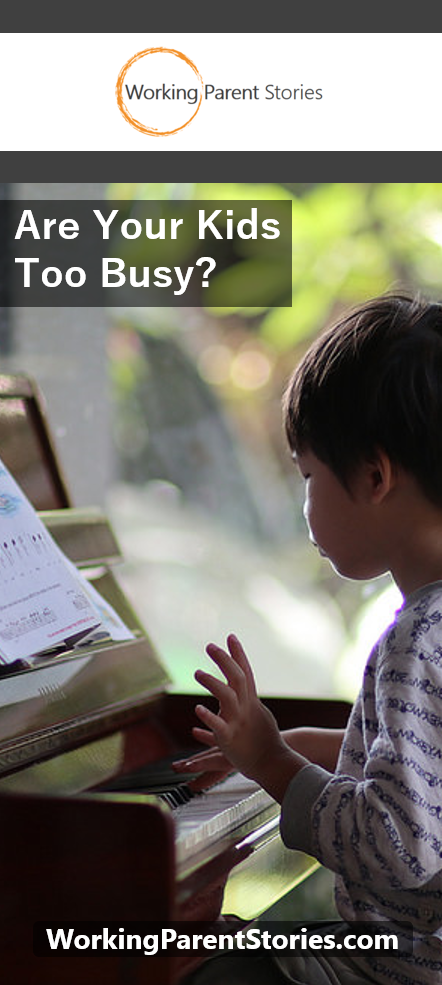
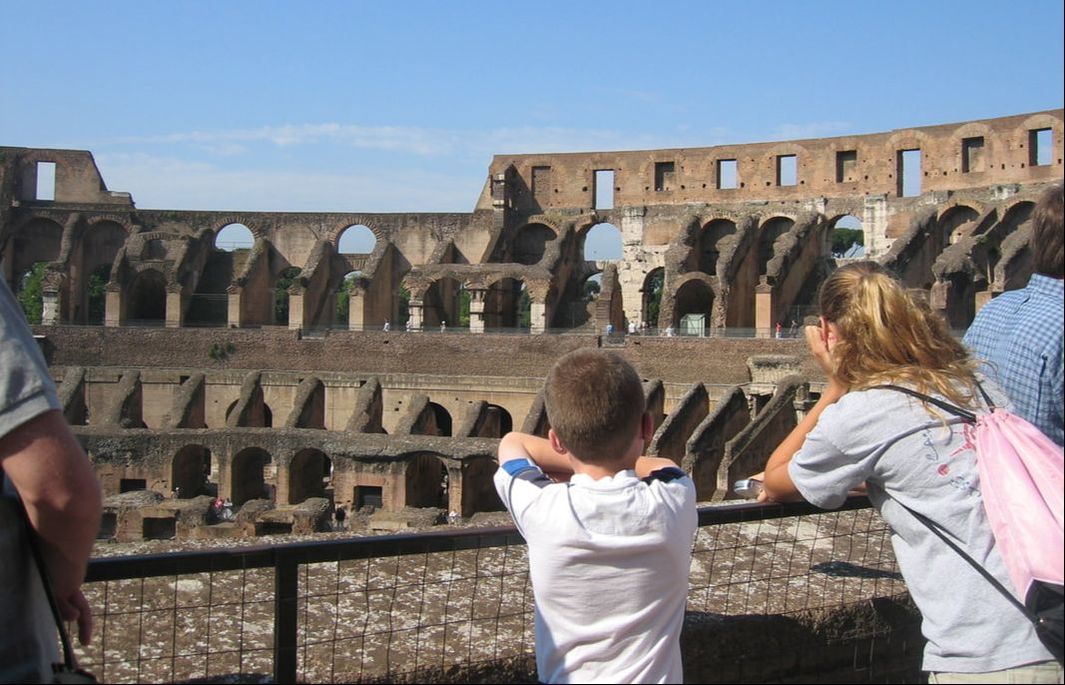
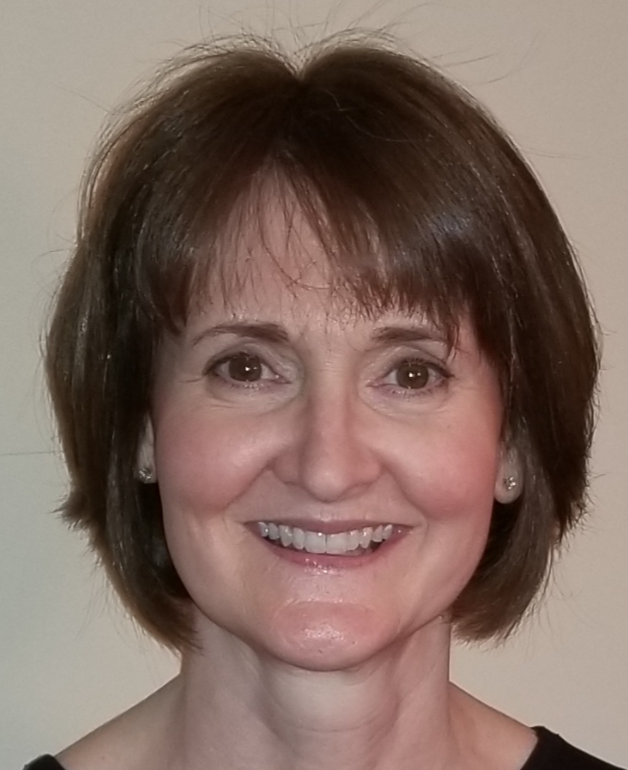
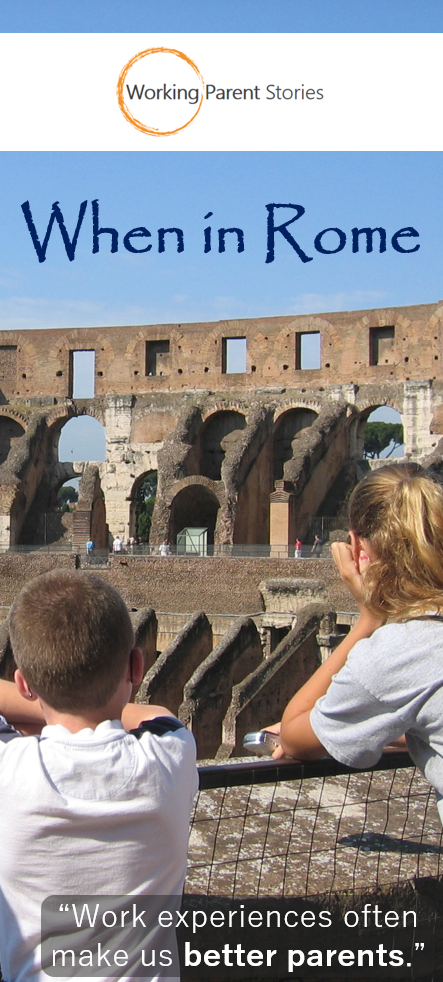
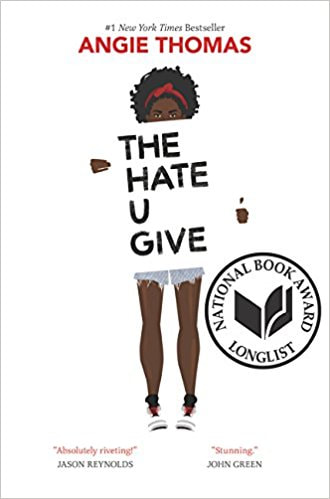
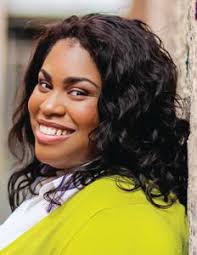
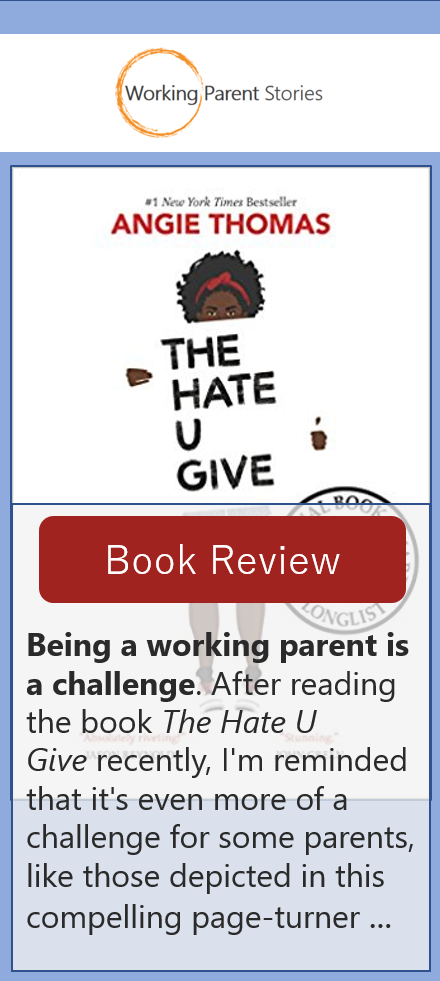
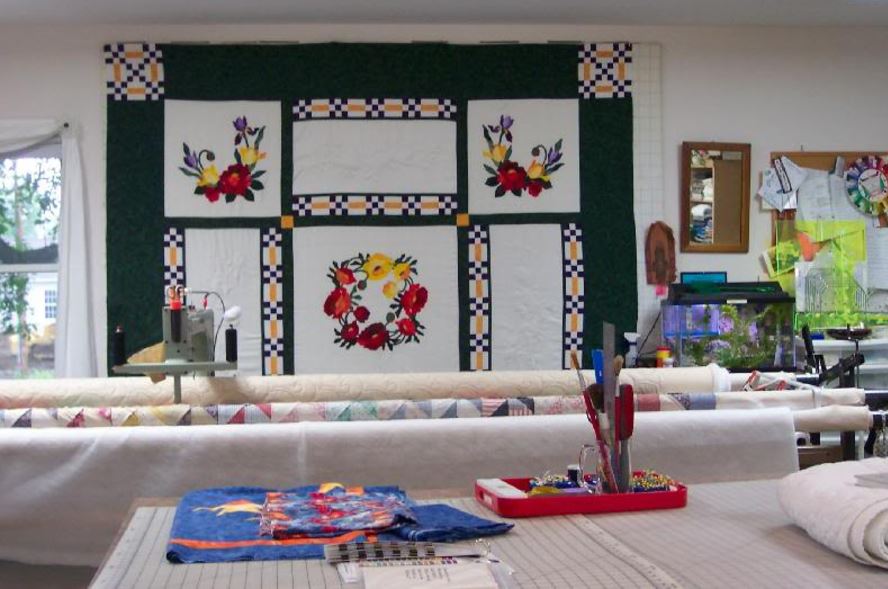


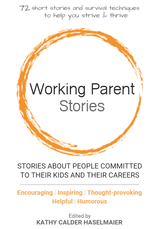
 RSS Feed
RSS Feed